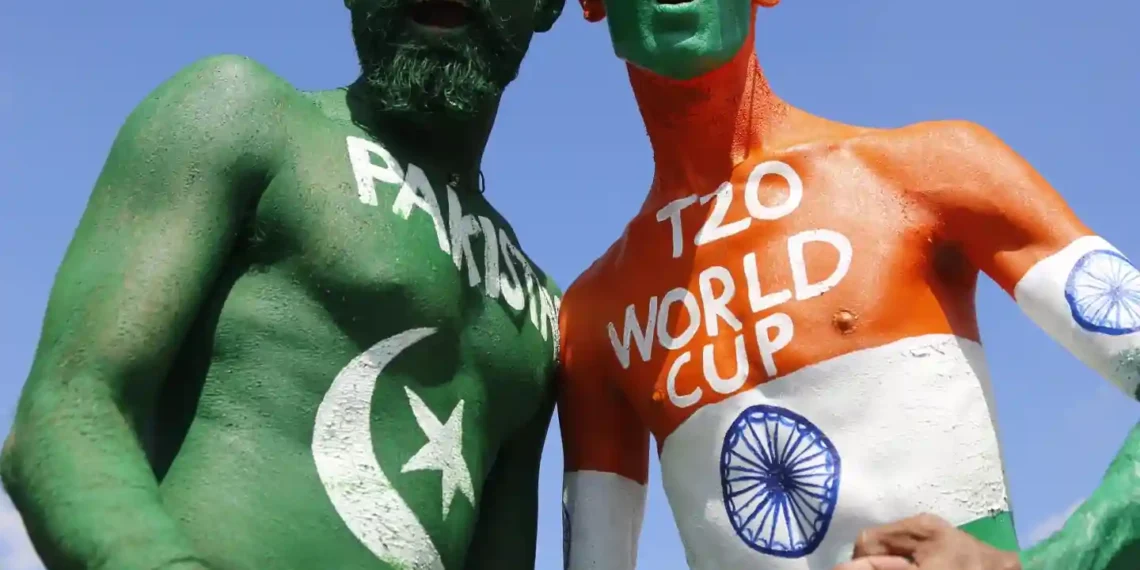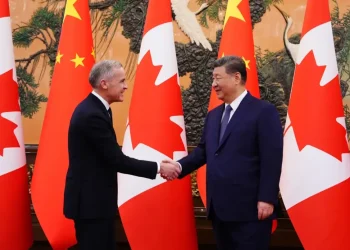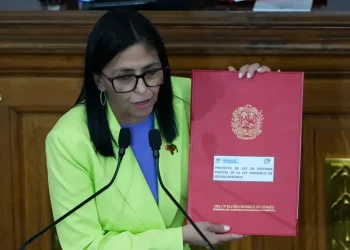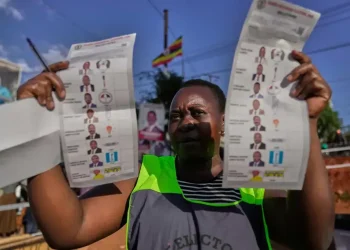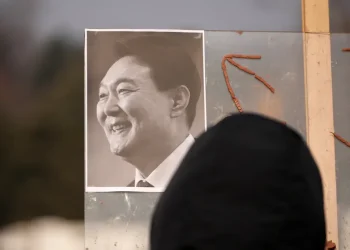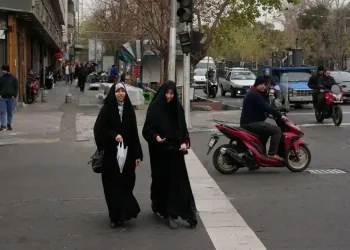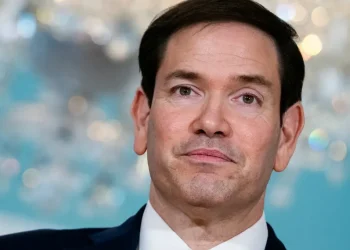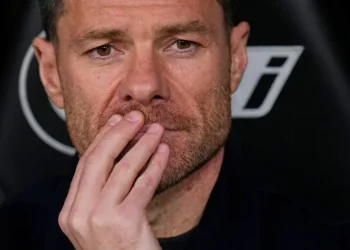Passion, Politics, and Patriotism Collide as India and Pakistan Face Off in Cricket’s Fiercest Rivalry
When India and Pakistan clash on the cricket field, it’s more than just a game—it’s a battle fueled by decades of political tensions, national pride, and deep-rooted emotions.
On Sunday in Dubai, the two cricketing giants will once again lock horns, but this contest carries far more weight than just a sporting encounter. With 78 years of hostility between the neighboring nations, cricket has become a powerful extension of their intense political and diplomatic relationship.
A Rivalry Like No Other
India and Pakistan, both cricket-obsessed nations, are competing in the prestigious Champions Trophy, an eight-nation tournament that kicked off on Wednesday in Pakistan. However, unlike the six other participating teams that have traveled to Pakistan, India has refused to play on Pakistani soil, instead leveraging its influence over the International Cricket Council (ICC) to have its matches, including the one against Pakistan, shifted to a neutral venue in Dubai.
Indian cricket officials have not issued an official statement explaining their refusal to play in Pakistan, but some insiders have hinted at security concerns as the main reason.
Cricket as a Political Battlefield
Cricket in both India and Pakistan is not just a sport; it is a symbol of national identity. Every encounter between these two nations commands the attention of more than a billion fans worldwide. This time, the match takes place amid some of the worst diplomatic relations in recent years.
The long-standing tension between India and Pakistan is rooted in their territorial dispute over Kashmir, a conflict that has led to two wars. Both nuclear-armed nations administer part of the Himalayan region but claim it in its entirety. Adding fuel to the fire, the 2008 Mumbai attacks, which India blames on Pakistani militants, further deepened hostilities.
As a result, bilateral cricket ties have been suspended since 2008, with India and Pakistan only facing each other in global tournaments where they are deliberately placed in the same group to ensure a match.
Cricket Diplomacy vs. Political Reality
Although “cricket diplomacy“ has occasionally eased tensions in the past, the current political climate under Indian Prime Minister Narendra Modi has hardened attitudes. While Pakistan’s team traveled to India for the 2023 World Cup, where they faced an openly hostile crowd at a stadium named after Modi, the Indian team has not played in Pakistan since 2008.
Modi’s Hindu nationalist government has taken a firm stance against resuming normal cricketing ties with Pakistan. Senior ministers have repeatedly stated that the Indian team will not tour Pakistan, reinforcing the political divide between the two nations.
Cricket as a Tool for Nationalist Sentiments
The political impact of this cricket rivalry is deeply felt on both sides. In India, several people—especially in disputed Kashmir—have faced police action or even jail time for cheering for the Pakistani team.
“Cricket is the strongest currency in the eyes of this government, which they have used to instigate resentment and anger against Pakistan,” said Sharda Ugra, a well-known Indian sports writer. While millions of fans in both countries want to see these two teams play more often, Ugra believes the contest has been “held hostage to ugly politics.“
The Ultimate Showdown
With politics, patriotism, and emotions running high, Sunday’s clash in Dubai is set to be more than just a cricket match—it’s another chapter in one of the most intense rivalries in sporting history.
This article was rewritten by JournosNews.com based on verified reporting from trusted sources. The content has been independently reviewed, fact-checked, and edited for accuracy, neutrality, tone, and global readability in accordance with Google News and AdSense standards.
All opinions, quotes, or statements from contributors, experts, or sourced organizations do not necessarily reflect the views of JournosNews.com. JournosNews.com maintains full editorial independence from any external funders, sponsors, or organizations.
Stay informed with JournosNews.com — your trusted source for verified global reporting and in-depth analysis. Follow us on Google News, BlueSky, and X for real-time updates.
